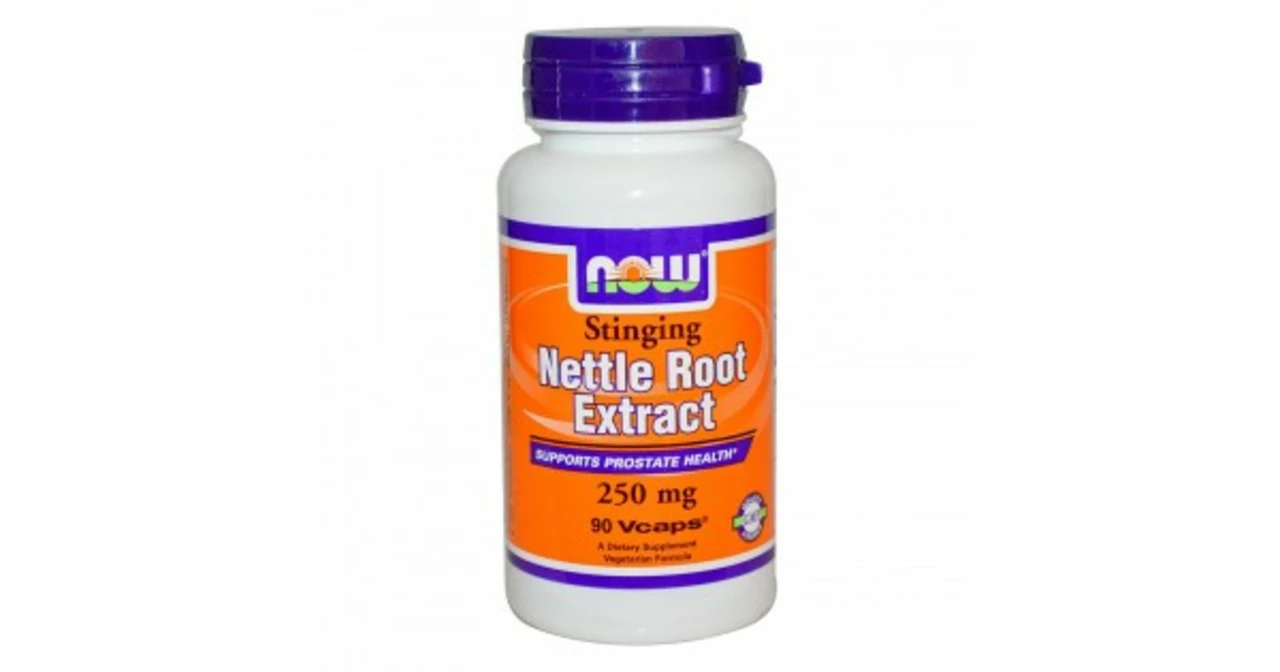
As we age, our bodies naturally begin to show signs of wear and tear. One of the primary culprits behind this process is the presence of free radicals, which can cause damage to our cells and contribute to the aging process. In this article, we will explore the incredible benefits of beta-carotene, a powerful antioxidant that can help to combat free radicals and slow down the aging process. By incorporating this must-have dietary supplement into your daily routine, you can help to maintain a youthful appearance and promote overall health and well-being.
Beta-carotene is a type of carotenoid, which is a pigment found in plants that gives them their vibrant colors. It is a powerful antioxidant, meaning that it has the ability to neutralize the harmful effects of free radicals in our bodies. Free radicals are unstable molecules that can cause damage to our cells and contribute to the aging process. They are produced as a result of normal bodily processes, as well as exposure to environmental factors such as pollution, radiation, and poor nutrition. By incorporating beta-carotene into our diets, we can help to neutralize these harmful free radicals and protect our cells from their damaging effects.
One of the most significant benefits of beta-carotene is its ability to support a healthy immune system. Our immune system is what helps to protect us from infections and diseases, and maintaining a strong immune system is essential for overall health and well-being. Beta-carotene has been shown to boost the production of white blood cells, which are crucial for fighting off harmful bacteria and viruses. Additionally, it has been shown to enhance the function of our immune system by increasing the production of natural killer cells, which help to destroy cancer cells and other harmful invaders in our bodies.
Another incredible benefit of beta-carotene is its ability to promote healthy eyesight. As we age, our eyesight can naturally deteriorate, leading to conditions such as macular degeneration and cataracts. Beta-carotene has been shown to help protect our eyes from these age-related conditions by neutralizing the harmful effects of free radicals in the eye. Additionally, beta-carotene is converted into vitamin A in the body, which is essential for maintaining healthy vision and preventing night blindness.
As we age, our skin can lose its elasticity and begin to show signs of wrinkles and fine lines. This is due in large part to the damaging effects of free radicals, which can break down the collagen and elastin in our skin. By incorporating beta-carotene into your daily routine, you can help to combat the harmful effects of free radicals and maintain a youthful, radiant complexion. Beta-carotene has been shown to protect the skin from sun damage and can help to reduce the appearance of age spots and wrinkles. Plus, it can promote the production of new skin cells, helping to keep your skin looking fresh and vibrant.
Beta-carotene has been shown to have a positive impact on reducing the risk of certain chronic diseases, such as heart disease and cancer. This powerful antioxidant can help to protect our cells from the damaging effects of free radicals, which can contribute to the development of these diseases. Additionally, beta-carotene has been shown to have anti-inflammatory properties, which can help to reduce inflammation in the body and lower the risk of chronic diseases. By incorporating this must-have dietary supplement into your daily routine, you can help to promote overall health and well-being and reduce your risk of developing serious health issues.
There are several ways to incorporate beta-carotene into your daily diet. One of the easiest ways is through the consumption of fruits and vegetables that are rich in this powerful antioxidant. Some of the best sources of beta-carotene include carrots, sweet potatoes, spinach, kale, and apricots. Additionally, you can also find beta-carotene in certain supplements, which can be a convenient way to ensure that you are getting the recommended daily amount. It is important to consult with your healthcare provider before beginning any new supplement regimen, as they can help to determine the appropriate dosage for your individual needs.